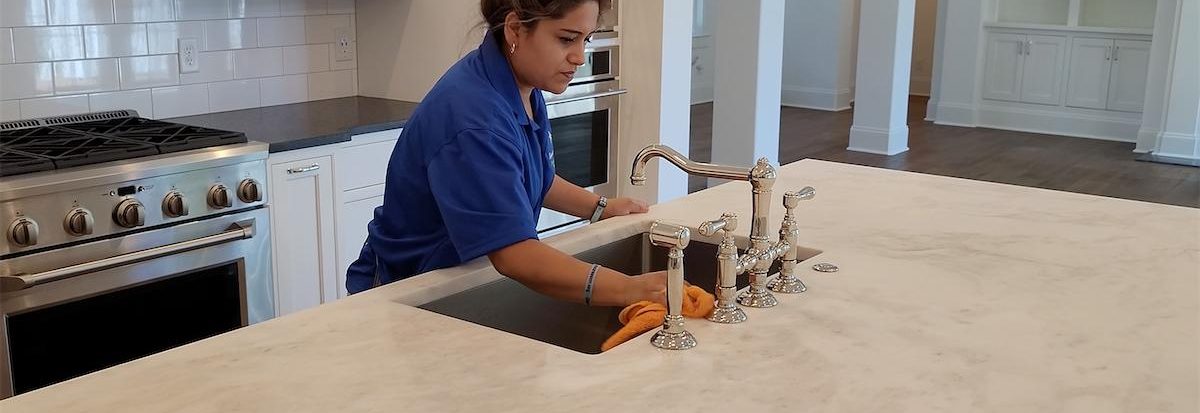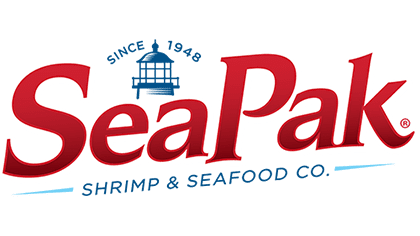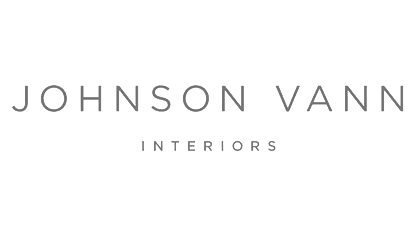When it comes to cleaning different surfaces, there are certainly some general rules you can follow, but the specific products that work best depend on the material and surface type you’re dealing with. Here are 7 tips to help you clean the hard surfaces in your home, based on the different materials they’re made of and what works best to get them shining again in as little time as possible.
1) WOOD FLOORS
Your wooden floors are probably some of your most valuable belongings, but keeping them clean can be tough—especially if you have kids. To avoid damaging your floors, follow these tips. For starters, don’t use steel wool or soap on unfinished wood; these products may leave behind scratches that could damage your floor in time. Second, sweep and mop regularly to prevent dirt and grit from building up into something unsightly (and potentially slippery). Use a hardwood floor cleaner to wash down bigger messes; work it into a lather before mopping.
2) SOAPSTONE
If you’re cleaning soapstone, it’s best to use a lint-free cloth and nonabrasive cleaners. Avoid harsh chemicals and abrasives; they can damage stone surfaces. Soapstone is quite porous, so some discoloration of the surface is normal when cleaned with acidic substances such as vinegar or lemon juice. Remember: One of soapstone’s most unique traits is its ability to retain temperature well—and that includes hot water! So be careful not to let hot water come into contact with your stone pieces or you might find yourself in need of repair.
3) GRANITE
Granite is one of the most common materials used in kitchens and bathrooms. While there are many effective cleaning products designed specifically for granite, it’s also easily cleaned with common household products like a few drops of dish soap, rubbing alcohol, or vinegar. Before you clean your granite countertops, make sure to scrub out any hard-water stains (which can often be removed by boiling some white rice on your stove). Don’t forget to wipe down your stovetop after cooking, as well; spills tend to stick more quickly to slick surfaces than they do porous ones. If you have tile flooring instead of granite tile, these tips may work just as well—they're applicable across much of your home's surface area.
4) TILE
Tile floors can get pretty dirty over time. Tile is one of those surfaces that seemingly attracts dirt and grime, but with a few simple tips and some elbow grease, your tile will be shining bright in no time. If you have new tile, be sure to seal it first before cleaning; sealers act as protectants and water repellents that keep dirt from seeping into cracks and crevices. If there are grout lines between tiles (and most likely there are), mix equal parts bleach with warm water to thoroughly clean them before scrubbing. Make sure to wear rubber gloves when cleaning, because harsh chemicals could irritate skin or even cause burns.
5) LAMINATE
Clean your laminate with white vinegar and dry cloth. It may take a few swipes, but you’ll be left with a shine that’s brighter than what you were used to before. One note: Don’t overdo it, because too much vinegar can be too harsh on your floor. If it starts to scratch, stop immediately! The easiest way to tell if your floor is clean is by shining a flashlight against it; if there are streaks of dirt, then keep cleaning until they’re gone. Also, while vinegar-cleaning is fine on laminates, don’t use vinegar on polyurethane varnish or waxed wood—it’ll remove those protective coats. Note: This process works for laminate floors as well as countertops.
6) MARBLE
If you have marble countertops, cleaning them is not that difficult. Simply wipe them down with warm water and mild soap, like a dish detergent. Make sure you rinse it off really well and then allow it to dry completely before using it again. If your marble has water stains or discoloration, mix up an equal part of lemon juice and baking soda.
Apply it to your marble with a soft cloth or sponge, working in small sections at a time until your entire kitchen is done. Rinse it all off thoroughly with clean water once more, making sure there’s no residue left behind. As long as you don’t use anything abrasive, your stone will remain shiny and stain-free.
7) OVEN SURFACE
The most important step to cleaning your oven is to make sure it’s completely cool. The first thing you should do is get an oven cleaning kit (you can find them online or at your local hardware store) and follow the directions closely. In a nutshell, you’ll be spraying off all surfaces, scraping off stuck-on gunk, and then rinsing everything with warm water followed by vinegar. Afterward, wipe down everything again to ensure it’s grease-free and spotless.
Finally, remove your racks and clean them thoroughly with an all-purpose cleaner or dish soap and hot water. Leave all of that overnight so that any remaining moisture evaporates—otherwise, you might have more smudges than before you started! Follow these steps weekly—or even more often if needed—and eventually, there won’t be any grease left on those racks.
HIRE BEYOND EXPECTATIONS CLEANING PROFESSIONALS
When life becomes so busy and it feels like there isn’t time for cleaning your home, think about hiring a professional cleaning service. Hiring a professional cleaning service can free up your time to do other things like focus on the important things in your life.
Expect great service from Beyond Expectations Cleaning Professionals, who can handle the dirty work and have your home spotless in time for you to relax! You can schedule your cleaning service with Beyond Expectations Cleaning Professionals serving the Brunswick, Georgia area. Services are available in St. Simons Island, Jekyll Island, and Sea Island as well.


















